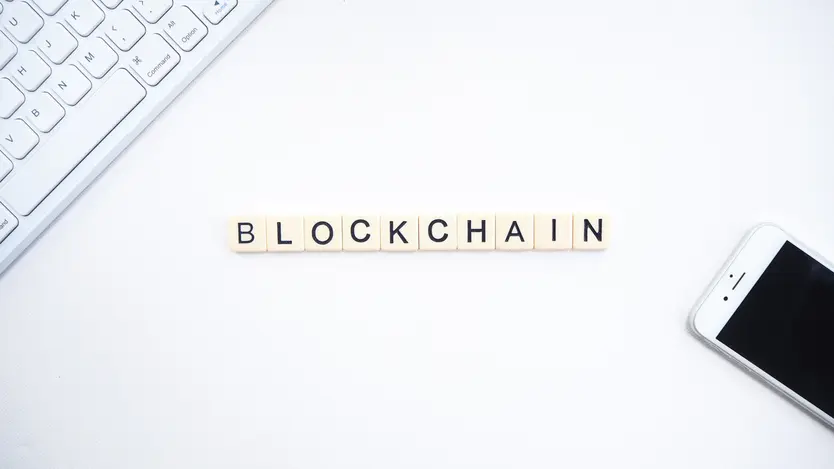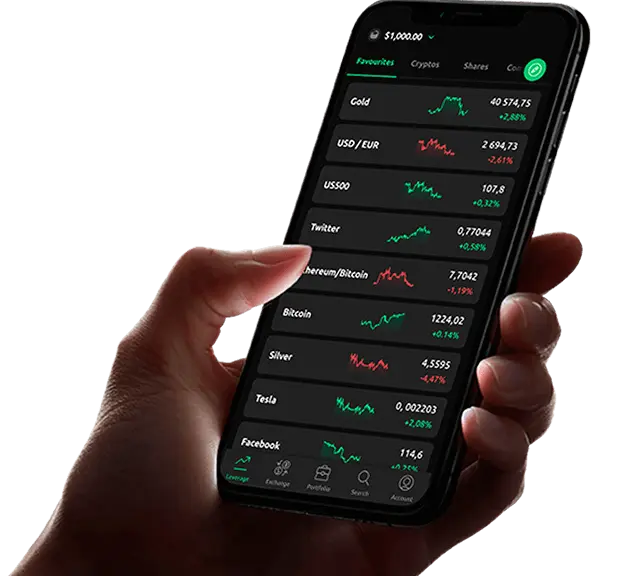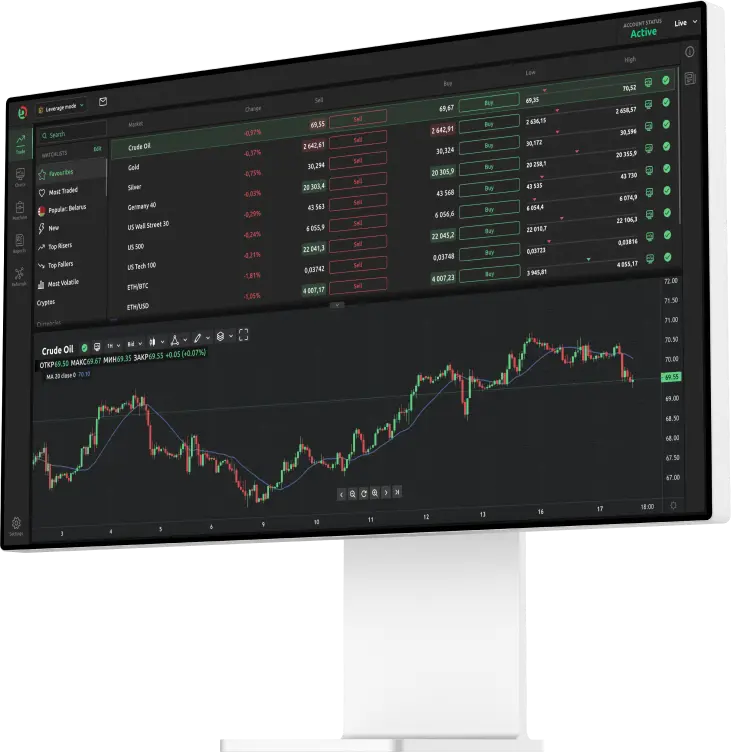A database shared across a network of computers, often associated with cryptocurrencies like Bitcoin

What does blockchain mean?
Blockchain is a relatively new form of record-keeping technology. Unlike other databases where information can be updated or changed, many of these platforms are designed to be tamperproof – preventing malicious actors from editing entries.
Although new use cases are emerging for blockchain all the time (something we’ll discuss a little later,) this technology is commonly associated with cryptocurrencies.
Here’s an example. Jim is sending one Bitcoin to his friend Helen for $10,000. Once the trade has been completed, a record of the transaction is created. Computers in the network then begin the task of verifying the deal – making sure Jim and Helen were actually involved, and that $10,000 was the agreed amount. Once approved, the transaction is added to a block along with other records. Unique codes, known as hashes, are then used to connect this entire block with the ones before it.
One of blockchain’s biggest selling points is how it is difficult to change. A couple of months later, Jim wouldn’t be able to claim that Helen actually owed him $20,000. When a block is committed to the chain, it would take an immense amount of computing power to make even the tiniest change to one of the records it holds. As well as ensuring records are kept safe, this can help cut down on levels of fraud.
The lack of centralized control in blockchain networks means that anyone can get involved – but this creates the risk that untrustworthy individuals could try and disrupt transactions as they are verified and added to the chain. So-called “consensus models” are used to build trust in this anonymized environment.
“Nodes” – or more simply put, the computers in the blockchain network – may be subject to a proof of work model where they have to compete with one another to solve complex puzzles and complete transactions in exchange for rewards. Proof of stake directly links a participant’s ability to verify blocks based on how much cryptocurrency they have, creating a financial incentive against something going wrong.
Aside from the radical ramifications that blockchain could have on the world economy, other use cases have started to emerge from sectors that need to rely on secure databases. If mainstream adoption is achieved, blockchain records could replace paper-based mortgage deeds or university qualifications. Medical history could be more securely stored and controlled by patients rather than doctors, and there could be the potential for less corruption in elections by ensuring that all of the votes cast are tamper-proof.

